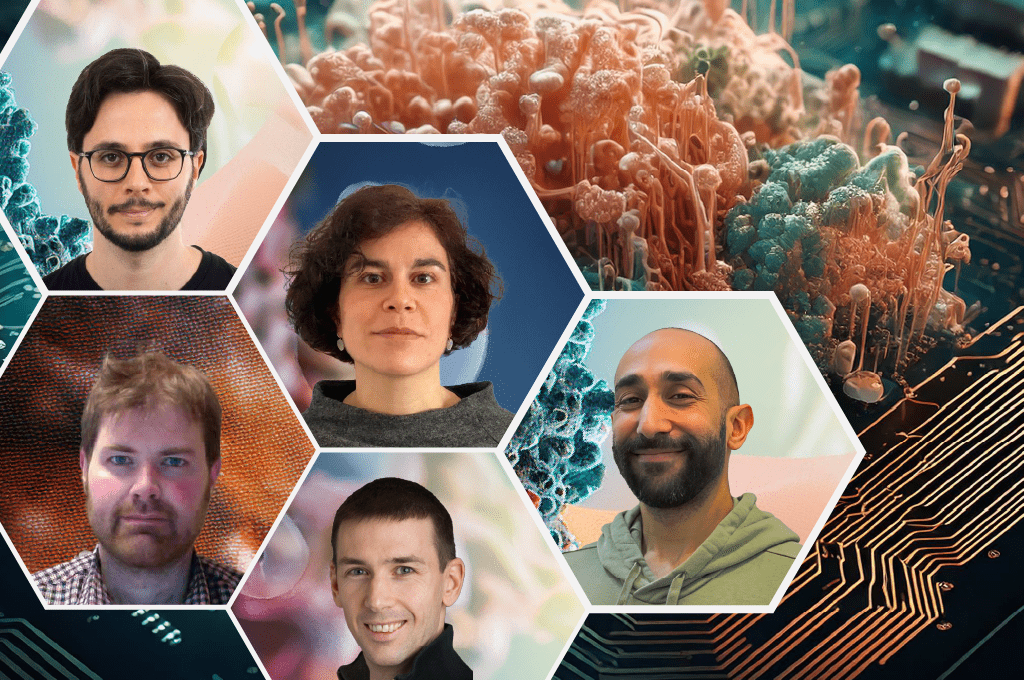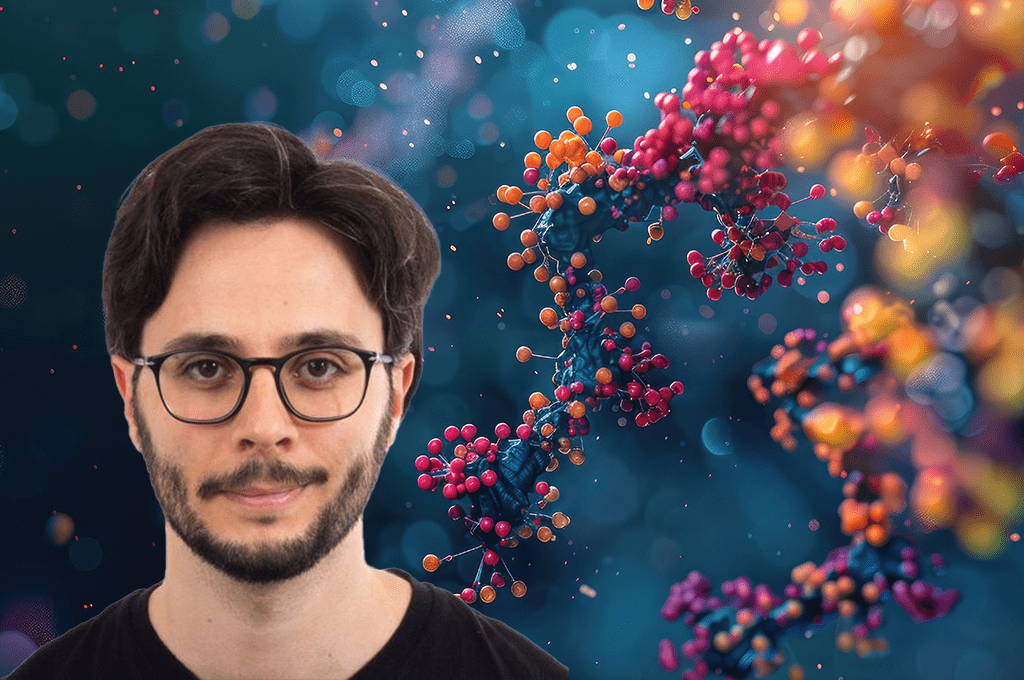SciLifeLab researchers take Nobel Prize-winning discoveries further
The discovery of microRNA is awarded the Nobel Prize in Physiology or Medicine 2024. SciLifeLab researchers have developed several methods involving microRNA that are able to, for example, trace origins of tissue and even detect microRNA in single cells.
This year’s Nobel Prize in Physiology or Medicine is awarded to Victor Ambros and Gary Ruvkun for the discovery of microRNA and its role in post-transcriptional gene regulation – “their groundbreaking discovery revealed a completely new principle of gene regulation that turned out to be essential for multicellular organisms, including humans” writes the Nobel Assembly in a press release.
MicroRNAs are small non-coding RNA molecules that can target multiple genes and thereby regulate the expression of several proteins. During his PhD, SciLifeLab Fellow alumni Marc Friedländer worked with some of the first microRNA sequencing data ever generated.
Marc Friedländer and his group have found that microRNA can be used to accurately trace biological samples to their taxonomic origins, or in other words: By analyzing microRNA you can tell which type of organism a sample of tissue belongs to, something that can be useful in a number of fields, from food quality control to parasitology and – importantly – quality control in research.
“So for instance if you imagine a crime scene and you find some tissue, one of the first things you want to know is if it’s from a human or if it’s from an animal. With our software you can find out not only what tissue it is, but also what organism it is from”, said Marc Friedländer in an interview with SciLifeLab a few years ago.
Recently, Marc Friedländer led a study together with SciLifeLab researcher Inna Biryukova that developed the first method to detect microRNA targets in single cells: agoTRIBE. Vaishnovi Sekar, also a SciLifeLab researcher, performed the bulk of the advanced computational analyses in study.
“The microRNA field has for many years been hampered by the lack of methods that can be applied to individual cells – we hope that our new method will help lift the field into the single-cell era” said Marc Friedländer at the release of the study.
Masood Kamali-Moghaddam’s research group work on the development of molecular tools for characterization of extracellular vesicles (EVs) that are known vehicles for microRNAs and other macromolecules.
“Using our methods we are currently establishing dedicated assays for multiplex detection of EV-born microRNA:s as diagnostic tools for several cancers” says Masood Kamali-Moghaddam, Professor in Molecular Diagnostics at Uppsala University and director of the SciLifeLab Clinical Proteomics and Immunology platform.
“Ongoing research and clinical studies may prove the diagnostics and therapeutic potentials of mircroRNAs” add Masood kamali-Moghaddam.
Learn more about the agoTRIBE method developed by SciLifeLab researchers in this news piece.
Learn more about microRNA and Marc Friedländer in our portrait from a few years back
Contact SciLifeLab researchers involved in microRNA research
Marc Friedländer
SciLifeLab researcher and SciLifeLab Fellow alumni
Associate professor at Stockholm University
Email: marc.friedlander@scilifelab.se
Telephone: +46 73 712 1558
Masood Kamali-Moghaddam
Director of the SciLifeLab Clinical Proteomics and Immunology platform
Professor at Uppsala University
Email: masood.kamali@igp.uu.se
Telephone: +46 18 471 44 54




